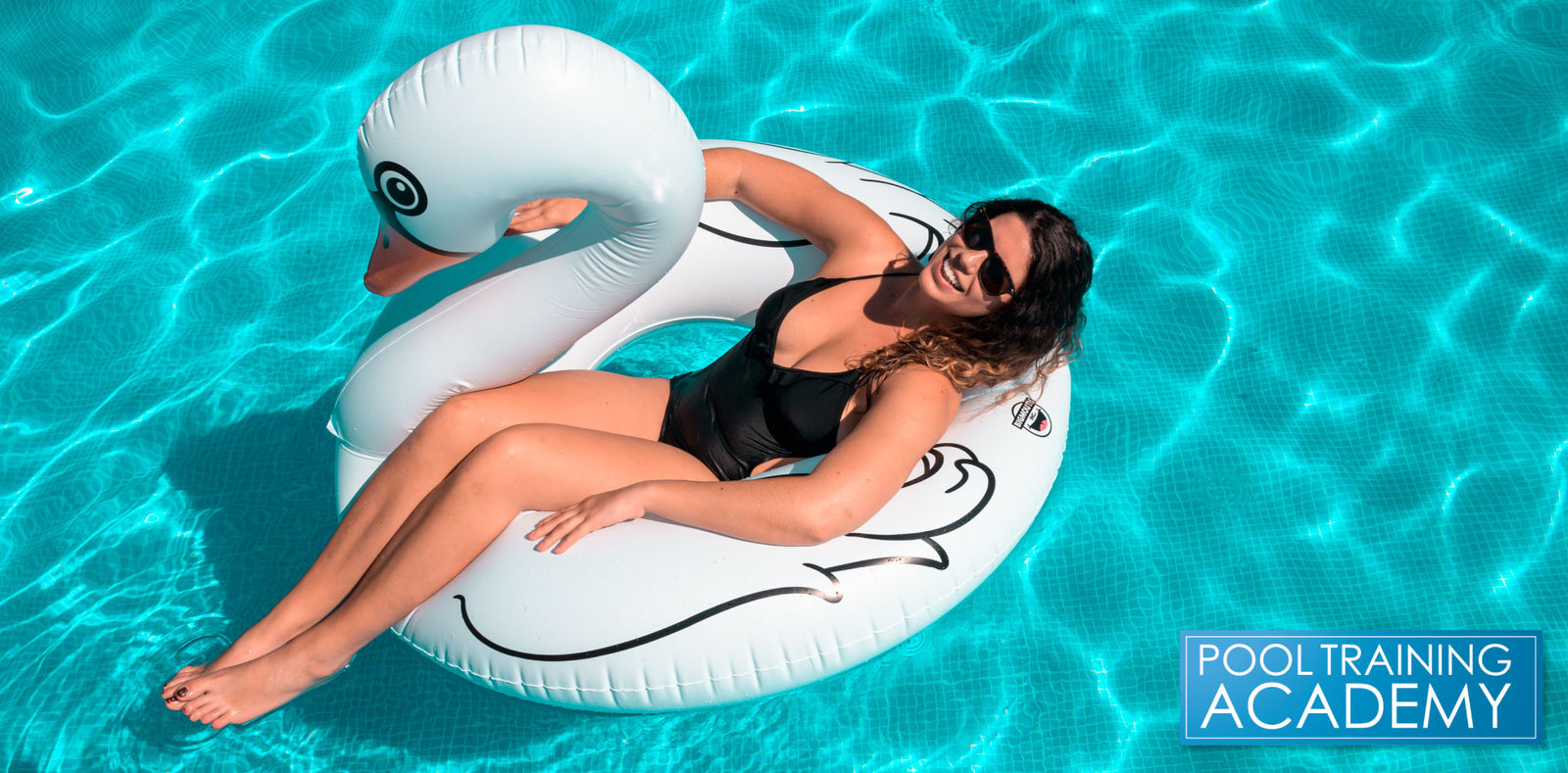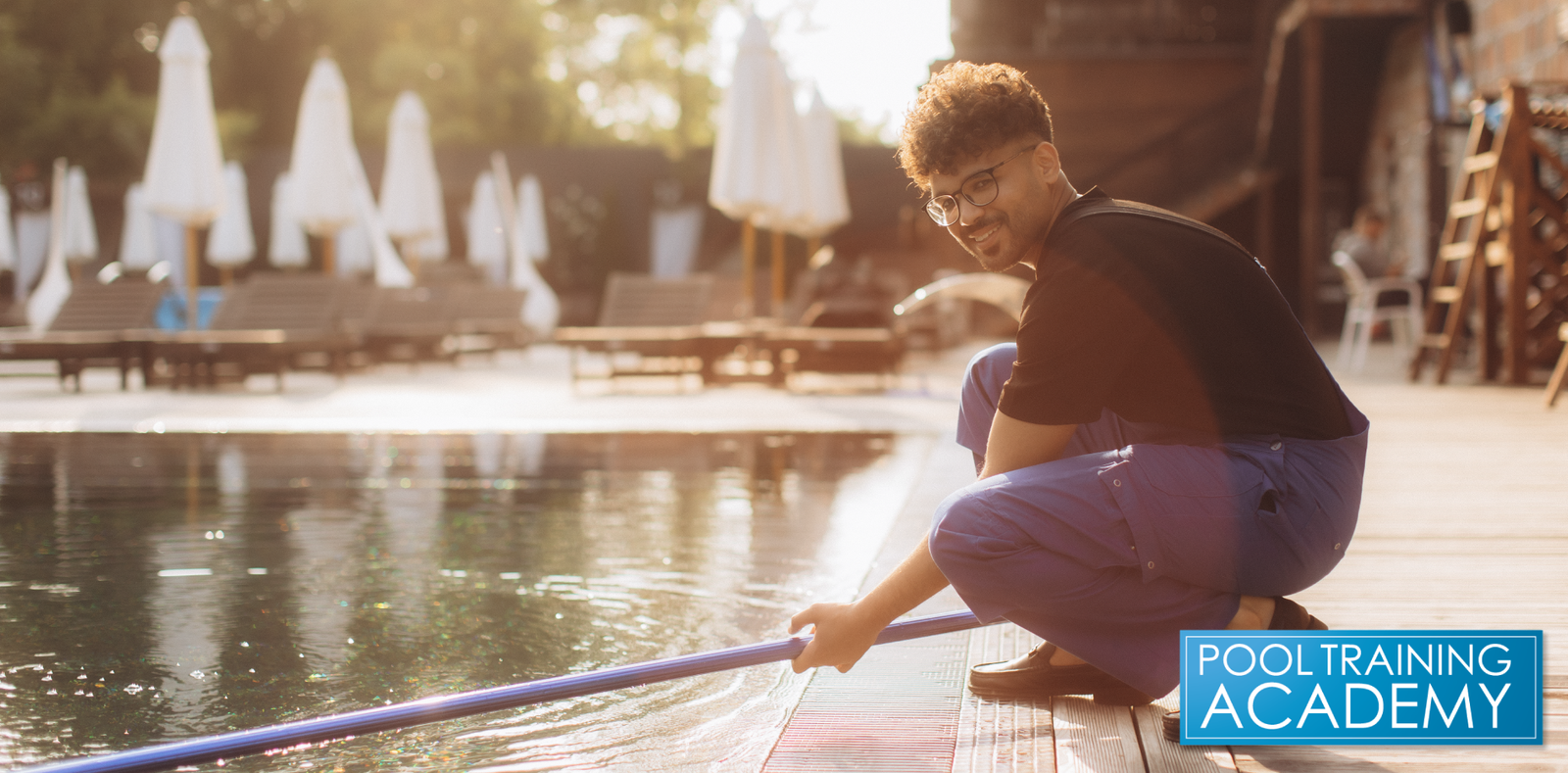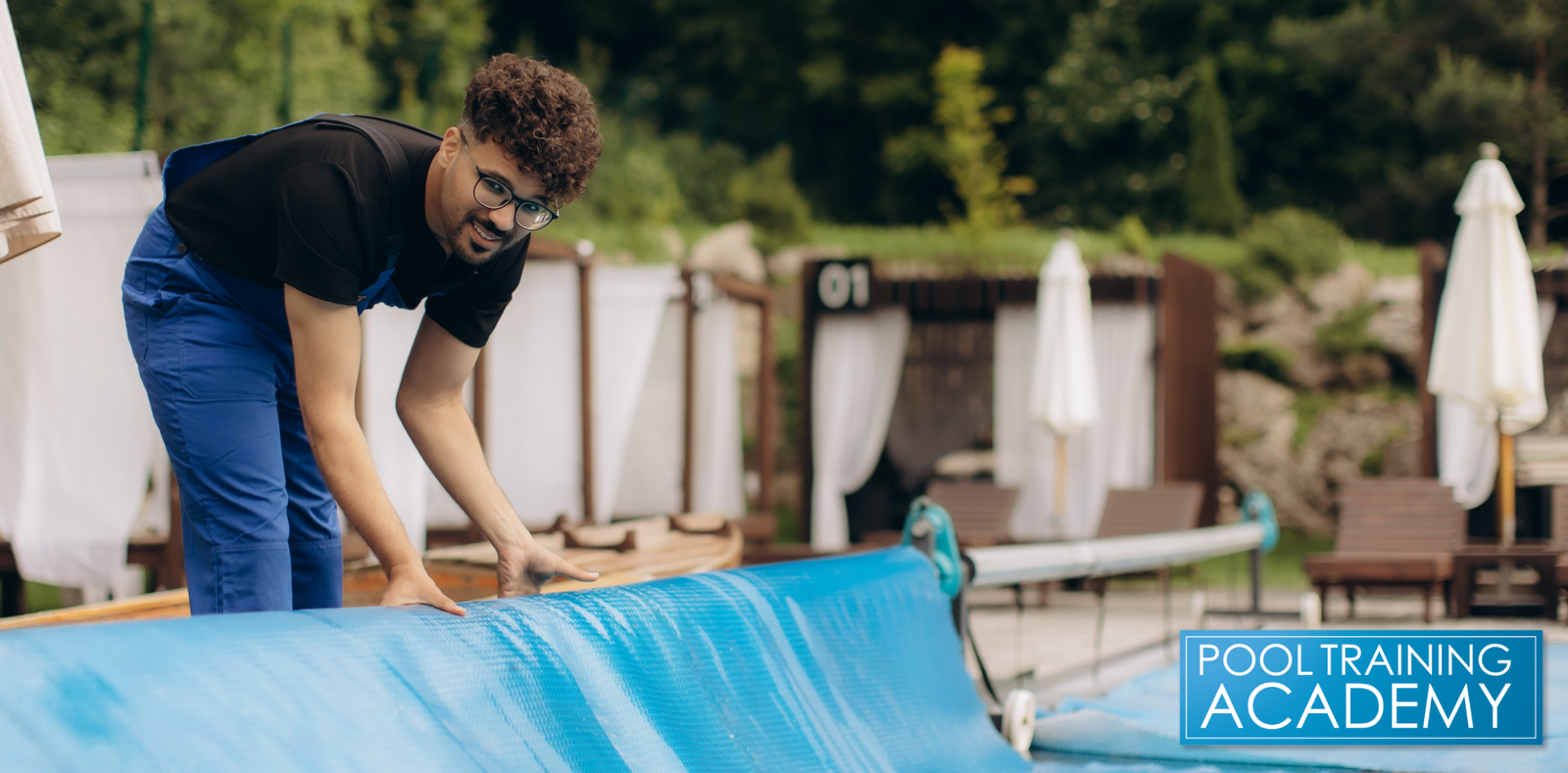
The Importance of pH In Your Pool
When it comes to maintaining a sparkling swimming pool, there's one critical ingredient that should never be overlooked: pH. The term pH stands for "potential of hydrogen" and plays a vital role in ensuring that your pool remains a safe and enjoyable oasis. In this article, we'll delve into what pH is, why it's essential, and how to keep it in balance for a healthy and safe swimming experience.
What is pH?
pH is a measure of the acidity or alkalinity of a solution, ranging from 0 to 14 on the pH scale. A pH of 7 is considered neutral, meaning the solution is neither acidic nor alkaline. A pH below 7 indicates acidity, while a pH above 7 indicates alkalinity. The pH scale is logarithmic, meaning each whole number change represents a tenfold difference in acidity or alkalinity. In other words, a solution with a pH of 6 is ten times more acidic than a solution with a pH of 7, and a solution with a pH of 8 is ten times more alkaline.
The Importance of pH in Pool Maintenance
Now that we understand what pH is, let's explore why it's crucial in maintaining a healthy and safe swimming pool.
-
Water Comfort: The pH level of pool water directly affects the comfort of swimmers. Water that is too acidic or alkaline can irritate the eyes, skin, and mucous membranes, making for an uncomfortable swimming experience. Properly balanced pH ensures that the water feels pleasant and soothing to the senses.
-
Chemical Efficacy: Maintaining the right pH level is essential for the effectiveness of pool chemicals, especially chlorine. If the pH is too high, chlorine becomes less effective at killing harmful bacteria and algae. On the other hand, if the pH is too low, chlorine can be overly harsh. Properly balanced pH ensures that your pool chemicals work optimally.
-
Preventing Corrosion and Scaling: Imbalanced pH can damage your pool equipment. Highly acidic water can corrode metal fixtures and pipes, while overly alkaline water can lead to scaling, which can clog filters and reduce water circulation. Maintaining the correct pH level helps extend the lifespan of your pool equipment.
How to Maintain the Right pH Balance
Maintaining the right pH balance in your pool involves regular testing and adjustments. Here's a simple guide:
-
Testing: Use a reliable pH test kit or pH meter to measure the pH level of your pool water. Test the water daily, at a frequency required by your local health department.
-
Adjustment: If the pH level is too high (alkaline), you can lower it by adding muriatic acid or sodium bisulfate. If the pH is too low (acidic), you can raise it by adding sodium carbonate (soda ash) or sodium bicarbonate. NOTE: Be sure to follow the chemical manufacturer's dosage instructions as well as their safety and handling requirements.
-
Monitor and Repeat: After making adjustments, retest the water and repeat the process if necessary until the pH falls within the ideal range, typically between 7.4 and 7.6.
Remember that maintaining pH balance is an ongoing process. Regular monitoring and adjustments will help ensure that your pool remains a safe, comfortable, and inviting place for swimmers.
Becoming A Swimming Pool and Hot Tub Expert
Understanding what pH is and how to keep it balanced is only one small part of becoming a swimming pool expert. It takes a strong knowledge of how all chemical balances of a pool work together to truly ensure that our pools and spas are properly balanced and free from irritants.
Thankfully you have options to help you become more knowledgeable about how to keep your water clean and your swimmers safe. The best option is taking a Certified Pool Operator® Class with Pool Training Academy. Becoming CPO® Certified is one of the best ways to truly become a pool expert. And in many states this certification is required by law to operate a pool or spa commercially.
Pool Training Academy is the #1 CPO® Certification provider in the world and our classes are specially tailored to be fun, engaging, and most of all relevant to your needs.Click here to sign up for the next class in your area or to take acompletely online course today and learn everything you need to know to make your pool the best it can be.




Leave a comment (all fields required)